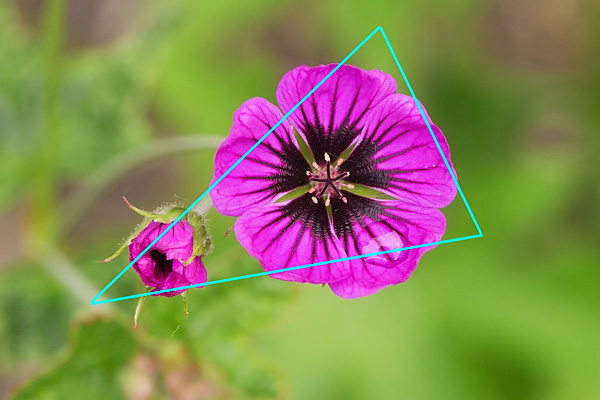How to use Triangles for Photography Composition
One way to make your compositions more interesting is to try to create triangles within your composition - they help divide the frame, guide the eye, and just add visual interest. Although it sounds hard, these are actually very easy to find once you remember to look for them!
Here are some examples:
In this first example, the triangle is formed by her arms and the shape of head (same as in the image at the very top of this post)
In this one, we have a triangle by the way she is sitting, and an extra triangle from the shape of her arm.
You can do the same with more than one person too!
And just by the shape of the body...
If you have a leading line in your image then it's usually pretty easy to make a triangle, like in the image below. (actually there are three triangles in this one)
Triangles can also be implied - no hard edges required!
And you can use the direction of the subjects gaze to create a line - in this case his gaze down to the light helps create the shape (in this one you have two strong triangles so I've noted them both...
One point to note is that this is not about the golden triangle (where you place points in a specific area within the frame) but rather just looking out for the opportunity to create shapes to help have the eye move around the frame. Simple really!








